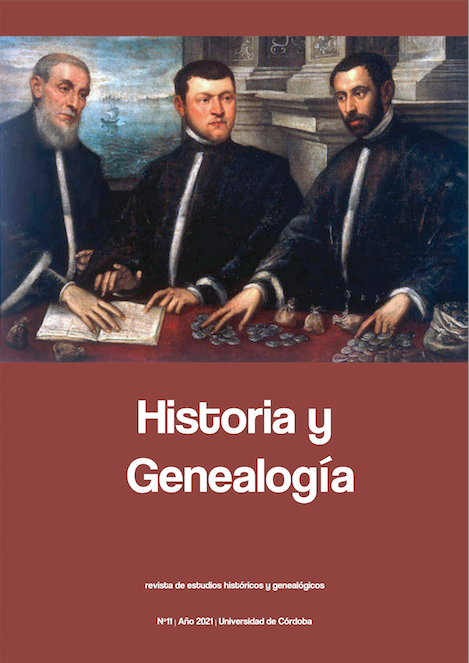El himno pange lingua de Juan de Urrede, un emblema del poder de las élites hispánicas en el Antiguo Régimen (Siglos XVI-XVIII))
Main Article Content
Abstract
The Tarazona’s version of the hymn Pange lingua attributed to the Flemish
composer Johannes Wreede (1451-c.1482)—known in Spain and the Hispanic World as
Juan de Urrede or Urreda—is among the most important Spanish sacred works of all
history. Why was the liturgical use of this hymn so extensively prolonged? Who
promoted its survival? Who could its performance benefit or harm? Why was it
welcome, as it seems, by both popular social groups as well as by groups of more
elevated status? What musical and extra-musical elements explain the composition’s
surprising survival in the historical canon of Spanish and Hispano-American music? It
is hoped that this approach proposed here may contribute to broaden and deepen our
understanding of the representation of the power of the Hispanic elites in the Ancien
Régime, and to encourage further work in the field of musicology, leading to fresh
interpretations of this popular Eucharistic hymn in Early Modern Spain.
